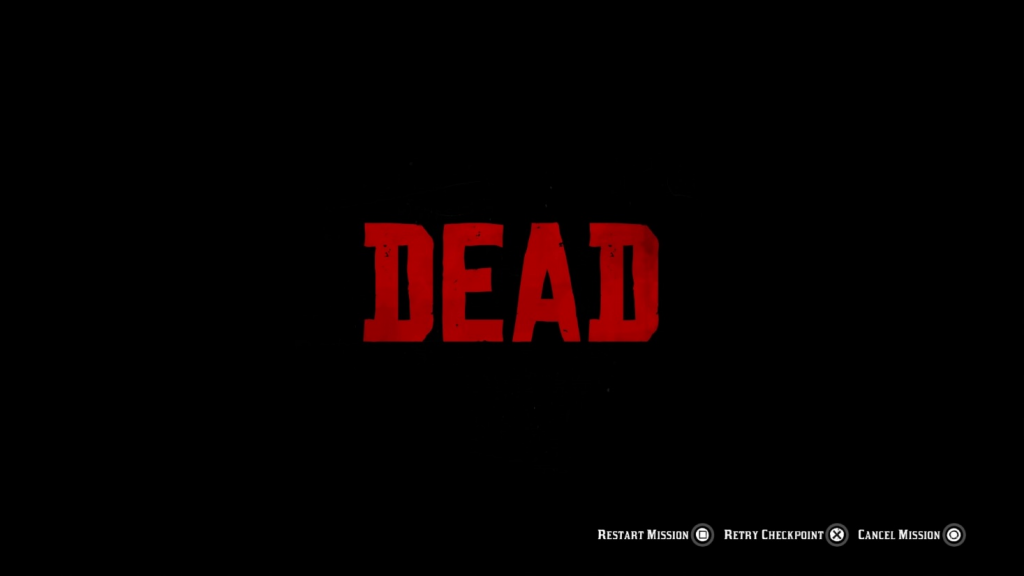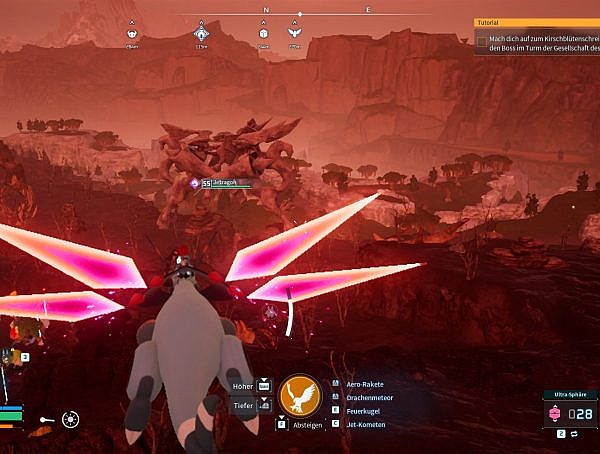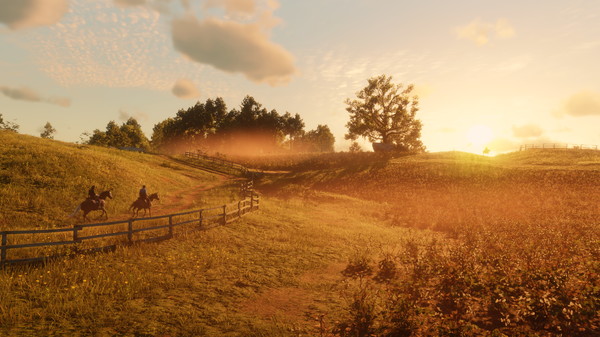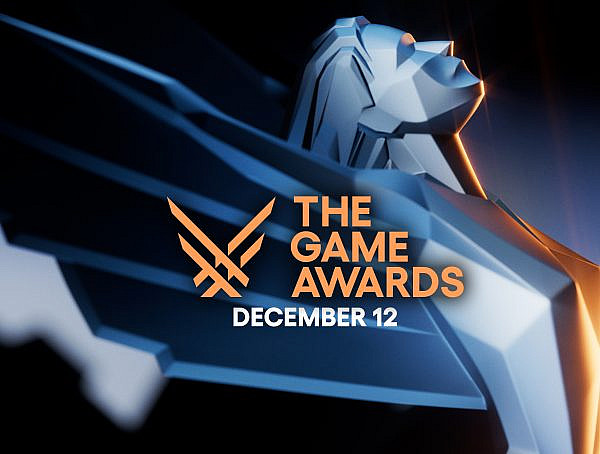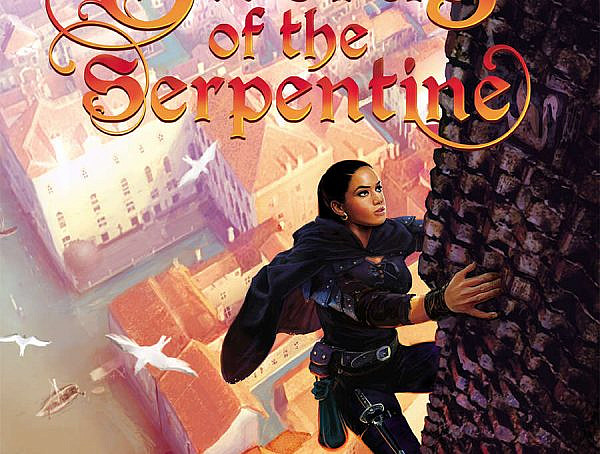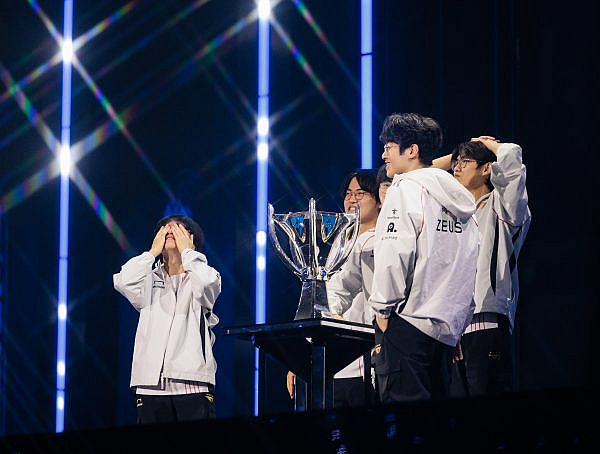I often see people talking about how much content game X has, or how it’s Y hours long, so it’s well worth the asking price (and one’s time). But there’s always the same question in my mind: “how much of that content is meaningful?” To clarify, by meaningful I personally refer to content that feels like it has been given proper thought before implementing and not just randomly placed distractions to eat up your time.
One such case where I felt like I was repeatedly being cheated out of time was playing the acclaimed open-world game Red Dead Redemption 2 (RDR2). RDR2 undoubtedly has a beautiful world to ride your horse in, but the problem came from the story and the horse riding itself. The story was way too long for what it had to say, spending so much time on repeating the same story beats over and even managing to forget about several, supposedly, main characters. During those 40 hours or so you’d spend hours galloping the same routes again, and again, all the while having to tap a button to make your horse move faster. (Apparently, the cinematic mode can make it more automatic, but I learned this after the fact.) What purpose did it serve? I don’t know. Seeing the same sights repeatedly had lost its meaning ages ago before the game was over. In comparison, Red Dead Redemption 1 was less than 20 hours in main story length and manages to deliver a very similar and great story without excessive story padding.
Role-playing games (RPG) are another example of a genre full of lengthy games with very varying pacing and general progression throughout the story. Some RPGs push their running length to the extreme, lasting up to a hundred hours of which a mere fraction is story progression and a huge chunk of it is doing something menial like fetch quests and backtracking. The worst offender I can name is the Trails series by Nihon Falcom. Regardless of the entry in the series you play, you’re always faced with a story progression filled with menial tasks, backtracking, and a ranking system (e.g., detective rank). While many of the jobs you undertake are optional, the rewards and the story scenes within are almost essential to get the most out of the game. In essence, either you do as the game wants you to, no matter how boring and time-consuming it might get, or you lose out on the actual content, such as character development.
Another thing of note from RPGs, and more specifically turn-based RPGs, is the battle system (of course, it’s not just RPGs that have turn-based systems). Not really a content problem but attack animations take their time. Depending on the game, battles can be over in a flash or take minutes at a time. Then if you must grind, repeatedly kill enemies to level up to progress in the story, it racks up an even heftier amount of time.
Yet another example time-consuming element from (Japanese) RPGs are random encounters. These are attacks by enemies on the map that you can’t see. On its own, the system is fine with its element of surprise. At its worst though, you might be taking one step after a battle right into the next. Depending on the game this might add a layer of difficulty that’s not necessarily good or it might just be the most annoying timewaster that ever existed.
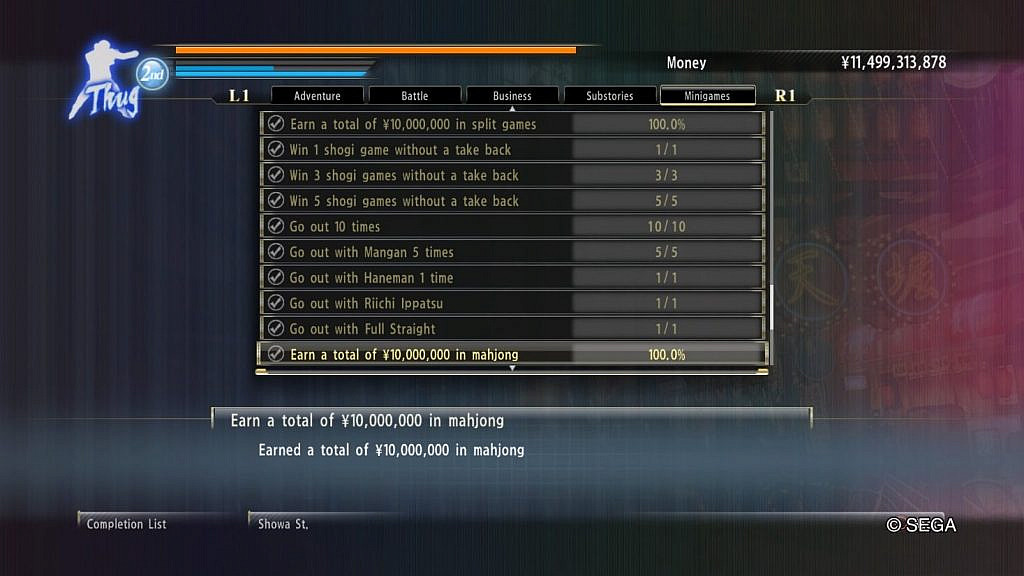
Yakuza 0’s checklist asks you to learn mahjong, which can be fun. Playing mahjong for the sake of fulfilling demands that are largely based on luck isn’t
Collectables and tedious checklists are often the absolute worst, but thankfully, also often the most optional pieces of content. Collectables can be reasonable, as there might even be items to make you see them on your map, but they can also be pixel hunts that just make you go “yeah, time to use a guide” (and even then, can be a total pain if there’s no tracking system for them). With pointless checklists, I refer to content that’s just there to do, with no rhyme or reason to it. This problem is most often found in open-world games where the map is littered with “camps” to clear of enemies or similar objectives that only offer superficial amounts of content. SEGA’s Yakuza games and its spin-offs are the epitomai of this if you wish to “100%” the game. While not enemy camps, the series features a tracking system of everything the developers want you to experience and in what fashion, i.e., eat all the food from the restaurant’s menu. And there are dozens of restaurants. In Yakuza 5, before they had implemented bottomless stomach, this “content” alone would take hours because you had to eat a single earthworm before every single piece of a meal just to drop down your health so you can eat again. Fun and engaging.
So, after all this gloom and doom about wasting one’s time, is there something good to be said? Yes. I’m not going to say that any of these things that I listed are all inherently bad. For example, grinding can be an experience of its own depending on the game. The trope “metal slime” named after the eponymous metal slime in Dragon Quest is an enemy that has high rewards and is often harder to find and harder to defeat. Hunting for those enemies is rewarding and can easily be part of the game experience. It’s when these elements start to intrude against your best wishes that they become annoying.
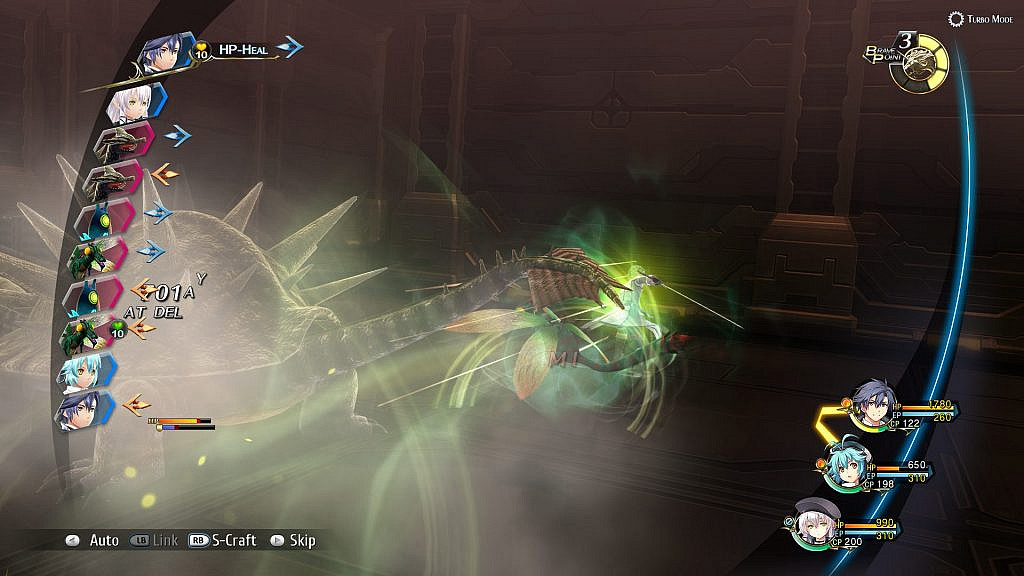
Trails series has received a built-in Turbo mode feature (upper right) for most entries in the west, making animations and walking more tolerable. Image from Trails of Cold Steel 3
Some other lessons in trying to save the player’s time have been learned as well. Thanks to the common practice of skippable cutscenes, there’s no need to watch a long cutscene again after failing at a boss fight. Turbo mode is a feature that’s become more common implementation within games as well, fast-forwarding time and animations as a built-in feature helps drastically cut down time spent in turn-based games. This feature is pretty much a default in emulators and I’m glad to see it getting implemented into released products as well. Also, in (J)RPGs, random encounters can now more often be found walking around the world so you can see where the enemy is and avoid the encounters as you see fit.
I just hope that in the future, developers continue to implement time-saving features instead of adding superficial “content” that is there merely to pad the game length. The key takeaway here is that sometimes less really is more.
P.S. 
Images in text: Screenshots from their respective games, taken by the author
Header image by theTrueMikeBrown on Pixabay (https://pixabay.com/fi/users/thetruemikebrown-3201230/) – Image: https://pixabay.com/fi/illustrations/aika-kierre-droste-kello-tuntia-1752164/
You might also like
More from Features
Game Awards – Celebration of talent or a Marketing Extravaganza?
The Game Awards 2024 is over and the winners are announced. However, are they still following the same pattern that …
Worlds in a Finnish Theater: League Finals, Community, and Döner Kebab
I travelled to Helsinki to watch League finals in a cinema, and it was worth it. #leagueoflegends #esports #community #worldfinals







